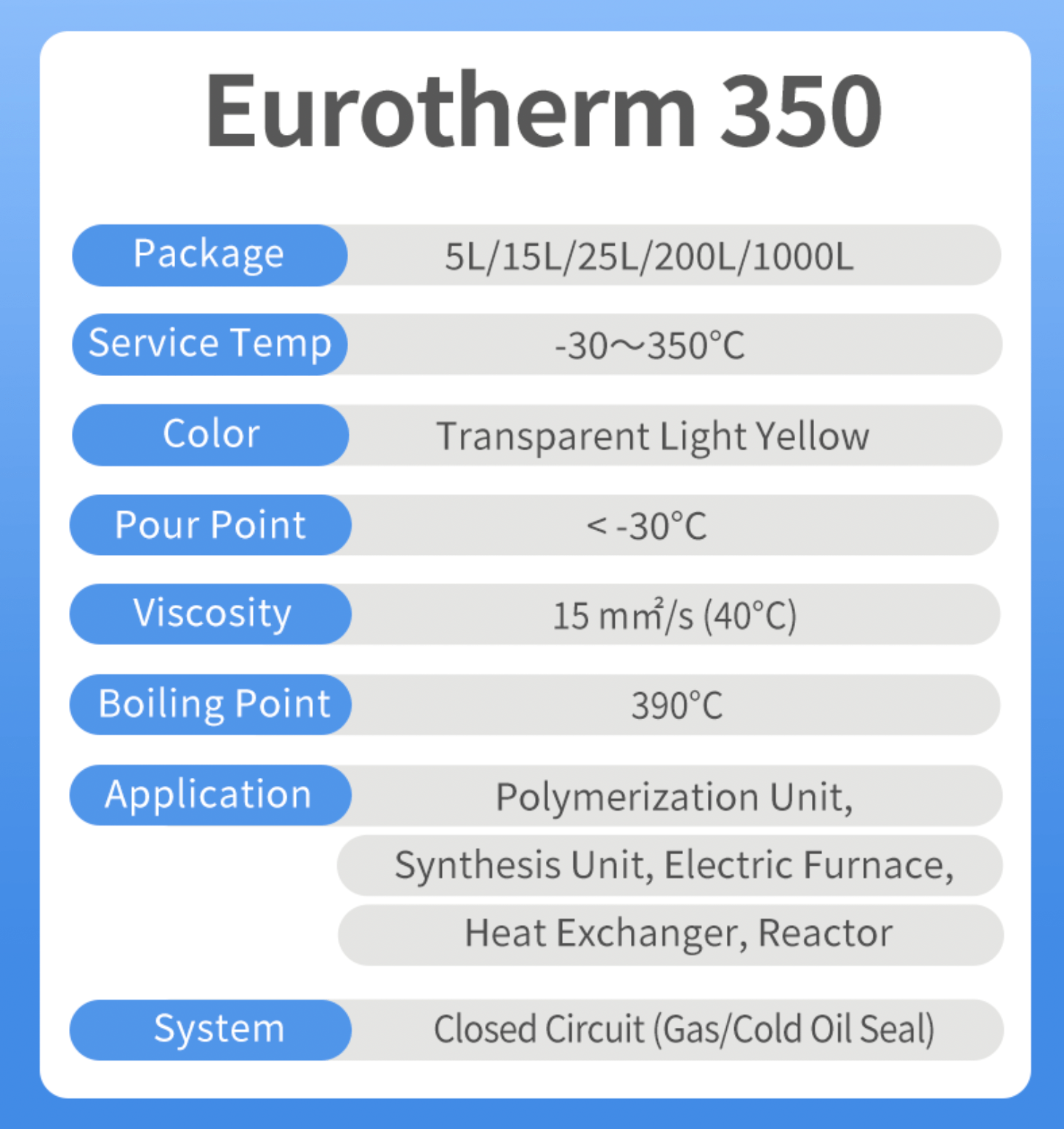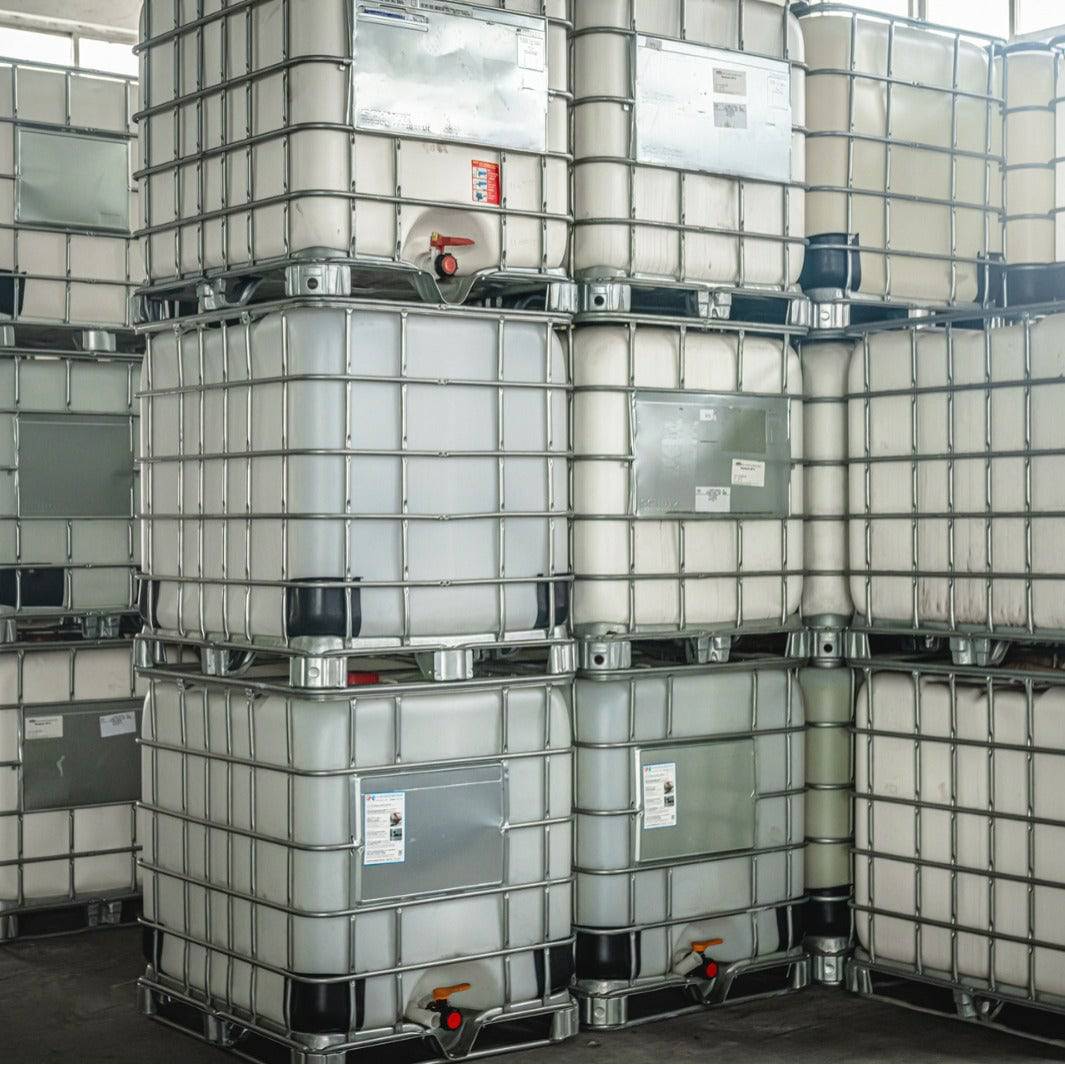Chemie for Dummies
(https://www.pageorama.com/?p=chemie999)Calculated change in electric conductivity of liquid samples as a function of time when mixed with the resin example in the shut indirect cooling loop experiment. Number 6 shows the modification in the measured electric conductivity of the fluid examples when mixed with the material example. The conductivity of the water sample from the closed loophole experiment minimized by approximately 70% from 11.77 S/cm to 3.32 S/cm in 6 hours.
These results indicated that the ability of the resin depends on the test fluid made use of for the experiment. This shows that different ions present in the fluid will lead to various ion exchange ability of the fluid. Calculating the ion exchange material capability with the fluid sample from the real air conditioning loophole is vital.
See This Report on Chemie
Therefore, an ion exchange resin cartridge having 20g of Dowex combined bed material may tackle order 938 days to fill. Simply put, to maintain a reduced electric conductivity, a resin cartridge with the dimension and weight spec as that of the resin cartridge used in the experiment, require to be transformed every 30 months for the cooling system that was made use of in the experiment
The air conditioning of digital components has ended up being a major difficulty in current times due to the innovations in the style of faster and smaller elements. The use of a fluid coolant has actually become eye-catching due to the greater warm transfer coefficient accomplished as compared to air-cooling.
8 Simple Techniques For Chemie
A solitary stage cooling loophole contains a pump, a warm exchanger (cool plate/mini- or micro-channels), and a warm sink (radiator with a fan or a liquid-to-liquid warmth exchanger with chilled water air conditioning). The warm resource in the electronics system is connected to the heat exchanger. Liquid coolants are likewise made use of in two-phase systems, such as warm pipelines, thermo-siphons, sub-cooled boiling, spray air conditioning, and direct immersion systems [2, 4]
The requirements might vary depending on the sort of application. Following is a listing of some general demands: Great thermo-physical residential or commercial properties (high thermal conductivity and particular warmth; reduced thickness; high concealed warmth of dissipation for two-phase application) Reduced freezing point and burst point (often ruptured defense at -40 C or lower is needed for delivery and/or storage space functions) High climatic boiling point (or reduced vapor pressure at the operating temperature level) for single stage system; a slim preferred boiling factor for a two-phase system Excellent chemical and thermal security for the life of the electronic devices system High flash factor and auto-ignition temperature (occasionally non-combustibility is a requirement) Non-corrosive to products of building and construction (steels along with polymers and other non-metals) No or very little governing restrictions (ecologically friendly, harmless, and possibly eco-friendly) Affordable The best electronic devices coolant is an affordable and nontoxic liquid with excellent thermo-physical properties and a long life span.
The Ultimate Guide To Chemie
The majority of these liquids have a non-discernible odor and are safe in situation of call with skin or intake. As pointed out in the past, aliphatic PAO-based liquids have changed the silicate-ester fluids in a variety of military electronics (and avionics) cooling down applications in the last decade. An additional course of preferred coolant chemistry is dimethyl- and methyl phenyl-poly (siloxane) or commonly understood as silicone oil.
Fluorinated compounds such as perfluorocarbons (i.e., FC-72, FC-77) hydrofluoroethers (HFE) and perfluorocarbon ethers (PFE) have particular distinct residential or commercial properties and can be made use of in call with the electronics [4, 8] First of all, these liquids are non-combustible and safe. Some fluorinated substances have zero ozone diminishing potential and various other ecological properties.
Ethylene glycol is anemic and practically odor free and is completely miscible with water. When appropriately prevented, it has a reasonably reduced corrosivity. Nevertheless, this coolant is classified as harmful and must be managed and gotten rid of with treatment. The top quality of water utilized for the prep work of a glycol option is extremely important for the system.
All About Chemie

This is a low expense antifreeze remedy, locating use in refrigeration services and ground source warm pumps - meg glycol. This fluid can be made use of down to -40 C owing to its relatively high rate of heat transfer in this temperature variety.
It is thought about even more harmful than ethylene glycol and consequently has actually found usage just for process applications located outdoors. Methanol is a flammable fluid and, as such, presents a potential fire hazard where it is stored, managed, or used.
The 4-Minute Rule for Chemie
As a flammable liquid, it requires certain safety measures for managing and storage. Liquid solutions of calcium chloride locate wide usage as flowing coolants in food plants. It is non-flammable, safe and thermally more effective than the glycol services. A go 29% (by wt.) calcium chloride service has a cold factor listed below -40 C.

Comments on “What Does Chemie Mean?”